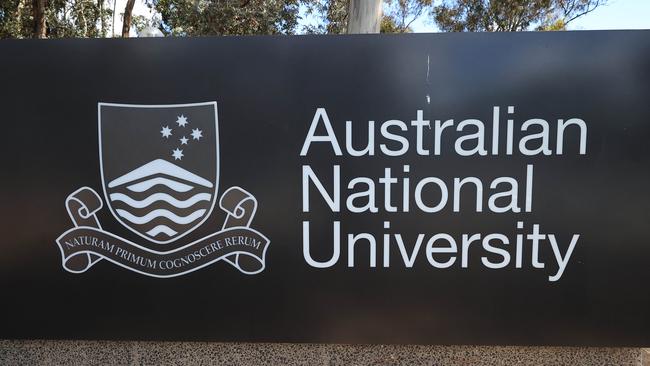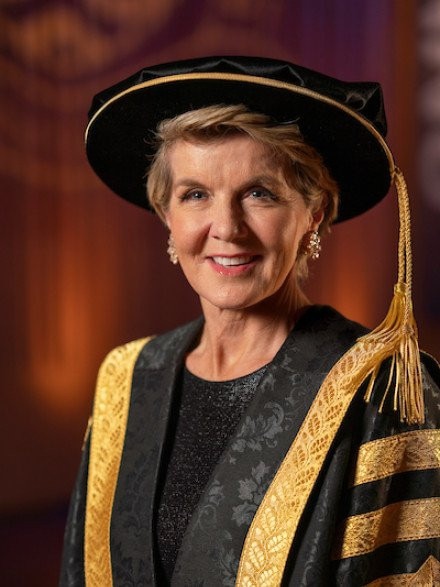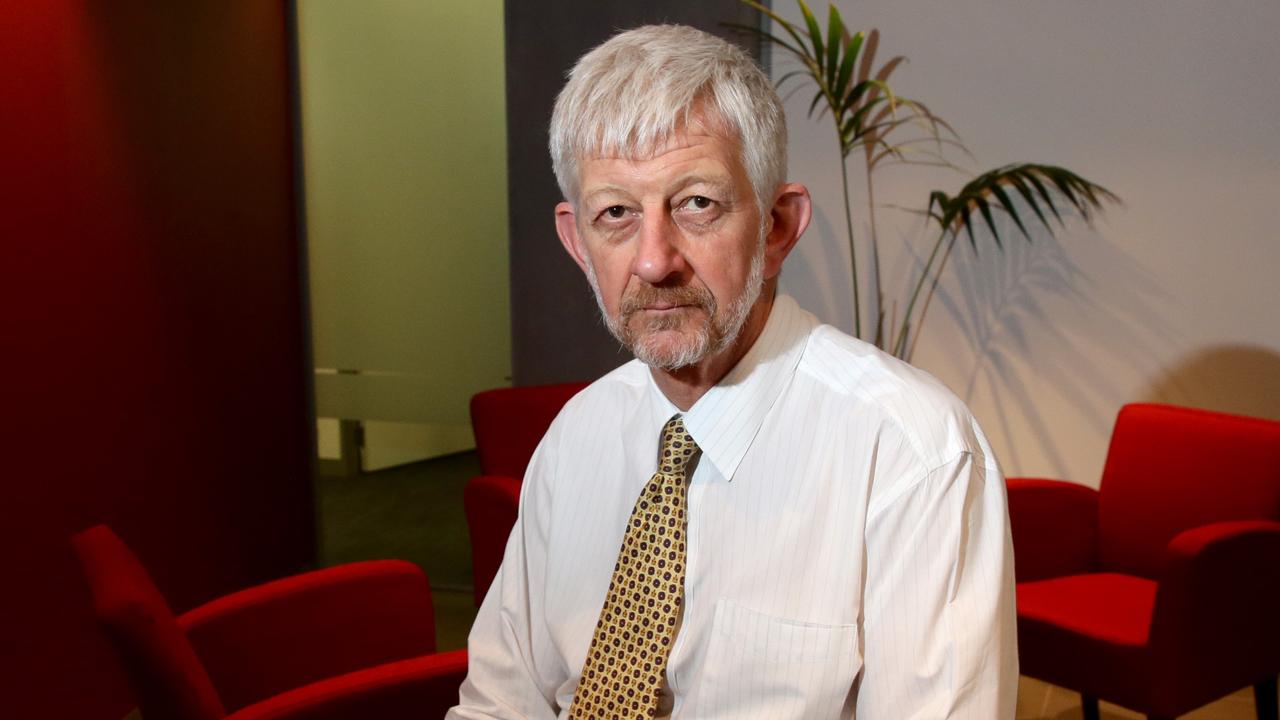More redundancies tipped as government reviews university governance
‘More job losses’ have been threatened by universities as the federal government starts a review of university governance.

A federal government crackdown on university governance will begin in December, as cash-strapped universities warn of more redundancies and bigger class sizes to slash costs.
As four universities revealed plans this week to sack nearly 1000 staff, unions attacked “overpaid” vice-chancellors while federal Education Minister Jason Clare promised action to improve university governance.
Mr Clare said an Expert Council on University Governance would start work by December to provide “expert and technical governance advice about how to improve university performance’’.
He said the council would “ensure that universities are good employers providing a supportive workplace’’. It would also “make sure governing bodies have the right expertise, including in the business of running universities’’.
Mr Clare said the university regulator, the Tertiary Education Quality and Standards Agency, was working with the federal Education Department to issue new guidance and requirements on workplace obligations.
The crackdown comes as at least four universities kick off redundancy rounds to offset financial losses from cuts to international student enrolments.
The National Tertiary Education Union called on Australian National University chancellor Julie Bishop to resign or be sacked, after she supported management plans to sack 650 staff and freeze wages.
NTEU national president Alison Barnes blamed the cuts on “managerial incompetence’’.
“Bashing workers might have helped Ms Bishop climb through ranks of the Liberal Party but an attack like this makes her role as chancellor completely untenable,’’ she said.

Ms Bishop, Australia’s former foreign minister, said on Tuesday that the NTEU had been “directly involved in the governance of ANU … so it should not come as a surprise that the university needs to address its financial position’’.
“The university has been in operating deficit for several years and we are working to reduce our costs by $250m and return to financial sustainability,’’ she told The Australian. “Unfortunately this will include $100m in salary savings.’’
The University of Canberra has announced 200 job cuts over the next nine months, with plans to save $50m by the end of this year. It has made its chief digital officer and deputy vice-chancellor of research and enterprise redundant.
Dozens more jobs are at risk through restructuring at James Cook University, while the University of Southern Queensland has revealed a $32m hole in its budget.
Dr Barnes called for a parliamentary inquiry into university governance and wastage.
“Vice-chancellors are paid in excess of $1m a year … to run their institutions well, but yet again we see staff bearing the brunt of poor management decisions and institutions that are not being run well,’’ she said.
“What are the consequences for vice-chancellors’ … poor governance and poor management decisions that lead to terrible outcomes for staff and students and the fabric of our universities?
“It’s a totally false economy in cutting jobs because you undermine the capacity of institutions to perform their core functions of teaching and research.’’
Universities Australia chief executive Luke Sheehy warned of even more job cuts as universities slashed spending to offset the loss of revenue from foreign students.
He said universities were receiving “a billion dollars less’’ each year in taxpayer funding as a result of the Job Ready Graduates funding changes imposed by the previous Coalition government, and continued under Labor.
“Universities are under real pressure because of funding deficits – and now cuts to international students are causing even more pressure,’’ he said.
The government slowed visa approvals for international students this year and plans to impose a cap of 270,000 new enrolments next year – roughly in line with 2023 numbers.
Mr Sheehy said the government had approved 60,000 fewer student visas in the first half of this year.
“We calculate that as a $4.4bn hit to the economy, and billions and billions of dollars of hits to universities,’’ he said.
Mr Sheehy said 25 of Australia’s 39 public universities were in deficit last year.
“They had to get more money from their reserves to keep jobs going and keep world-class research going,’’ he told ABC Radio.
“If we continue to go down this path, we will not only see more job losses in higher education but there will be a flow-on impact.
“There will be fewer students being able to go to university, or more crowded tutorials and lectures. There will be a lower quality of education delivery because of that pressure.’’







To join the conversation, please log in. Don't have an account? Register
Join the conversation, you are commenting as Logout